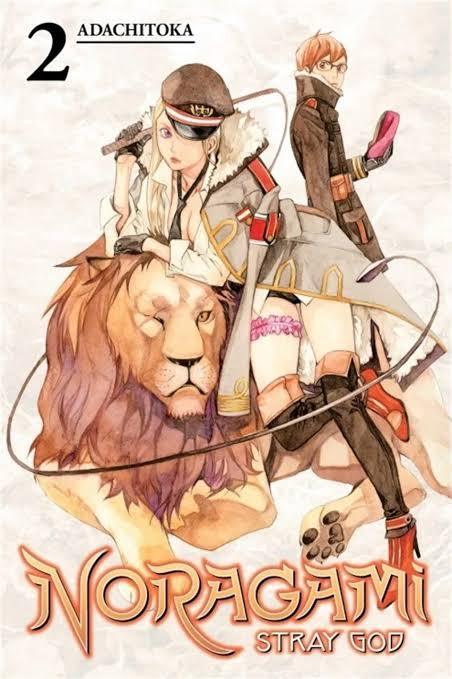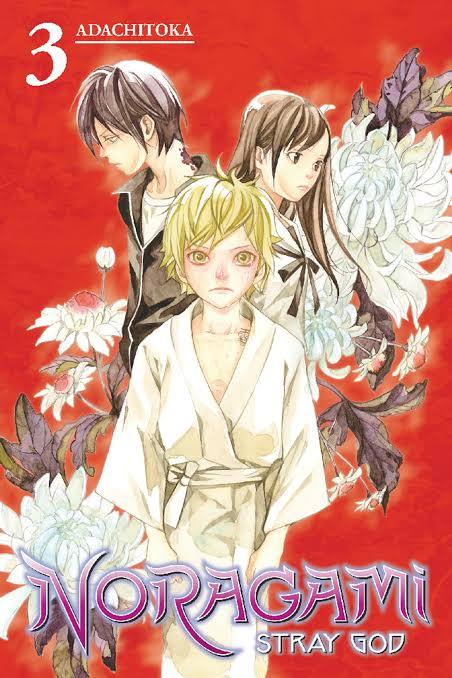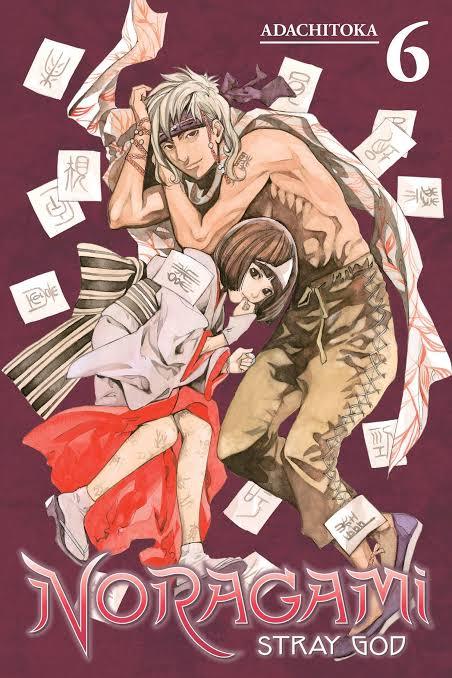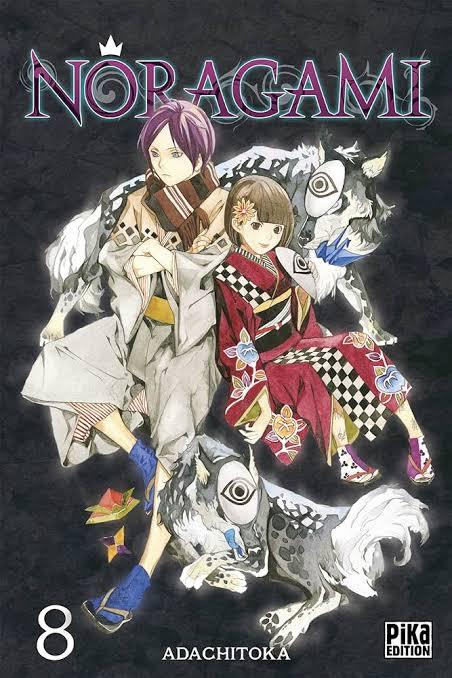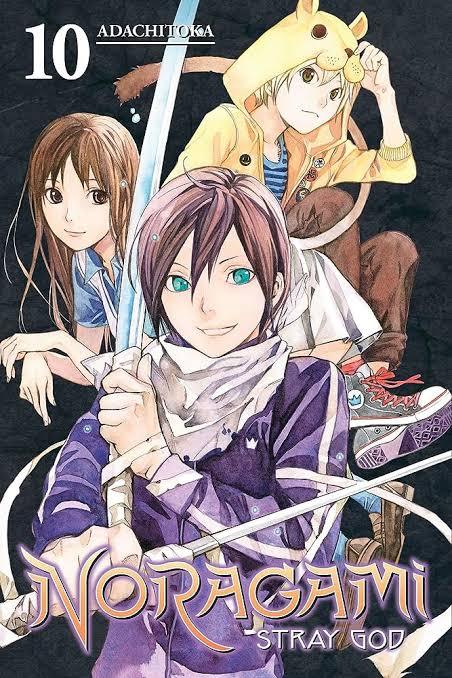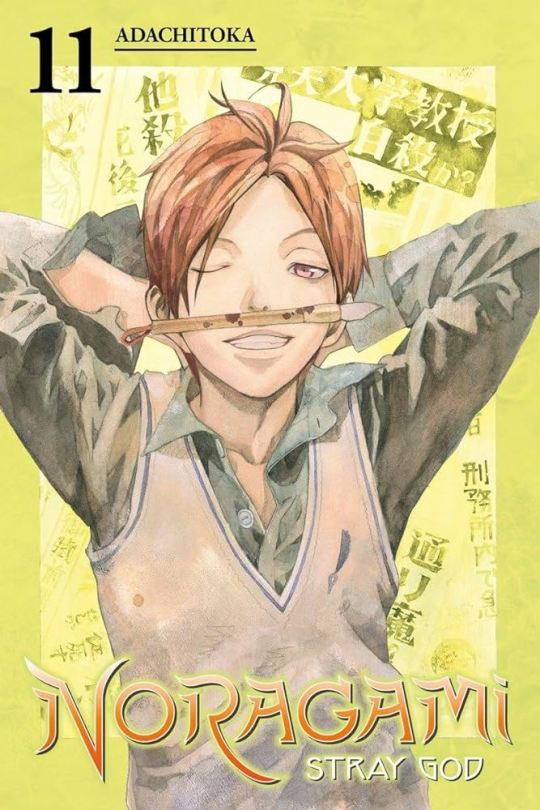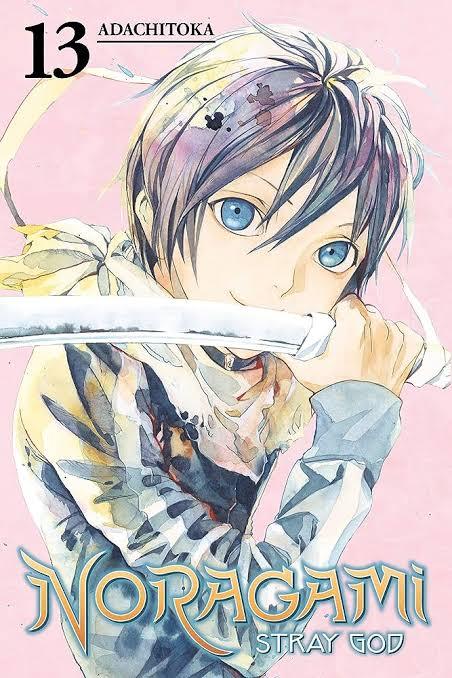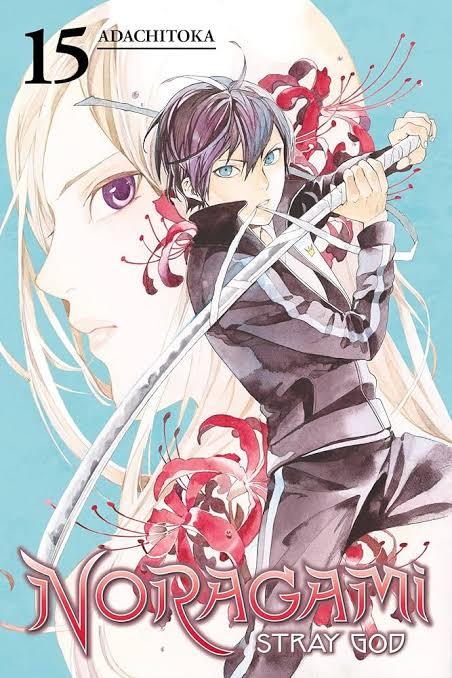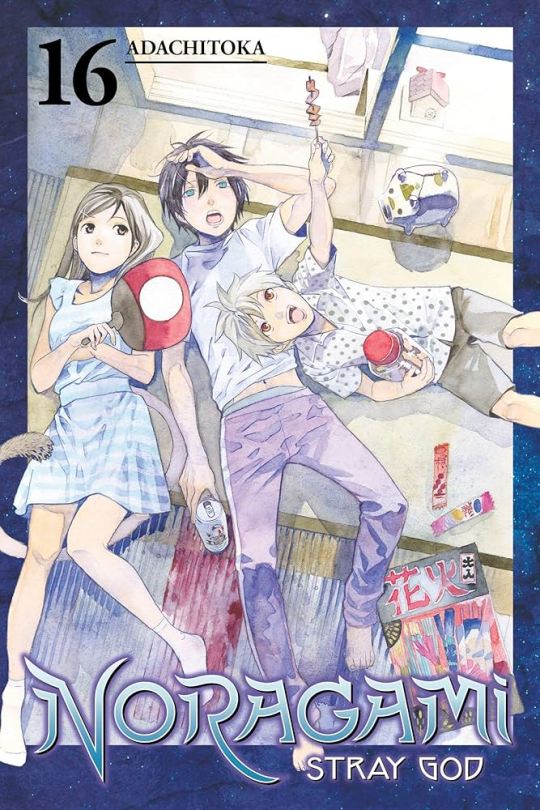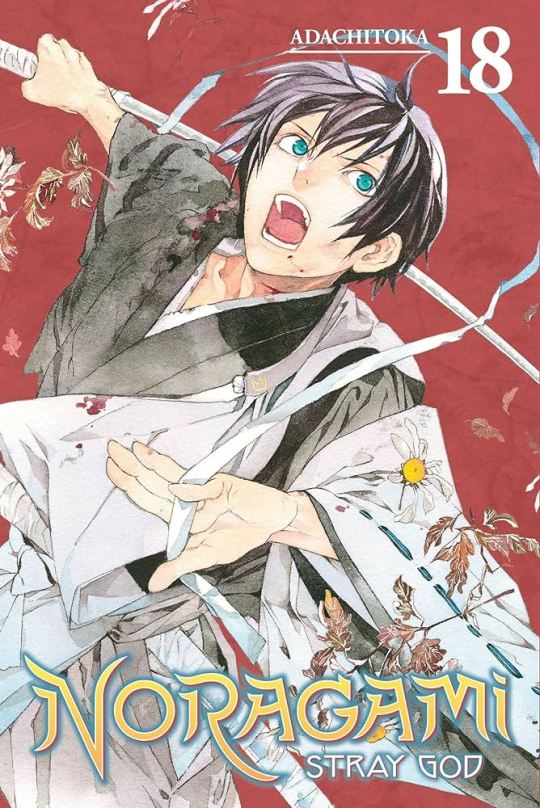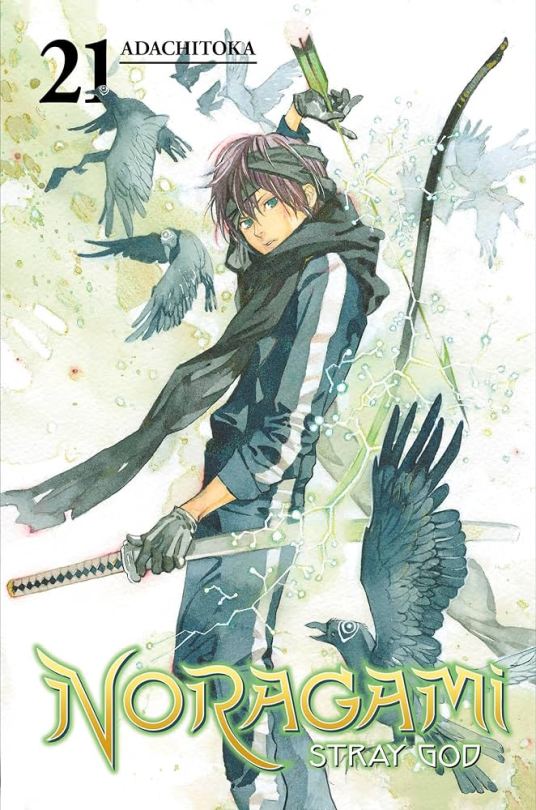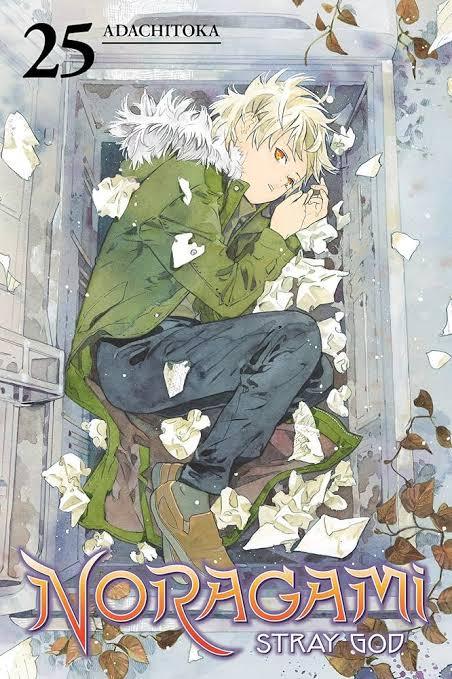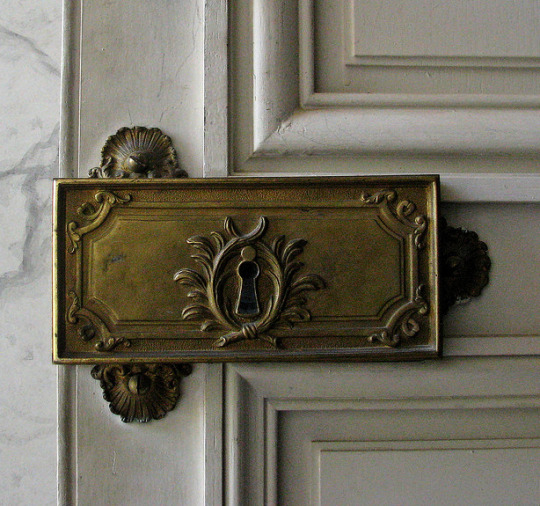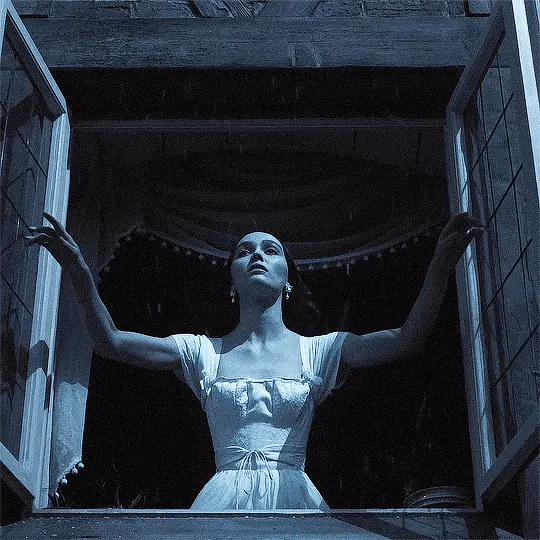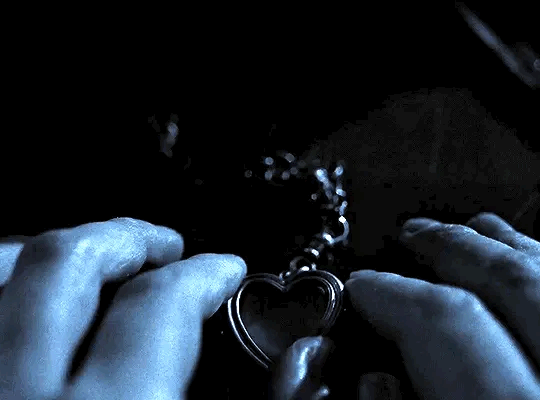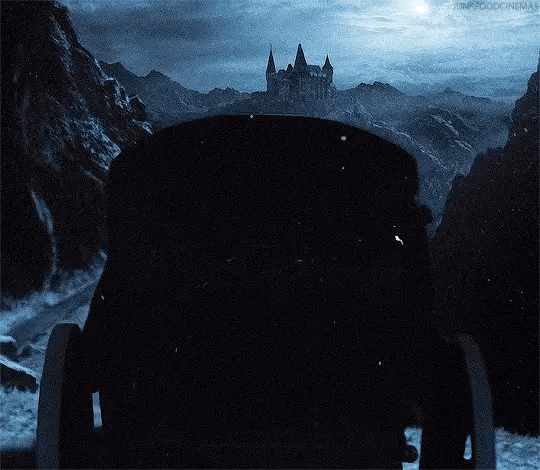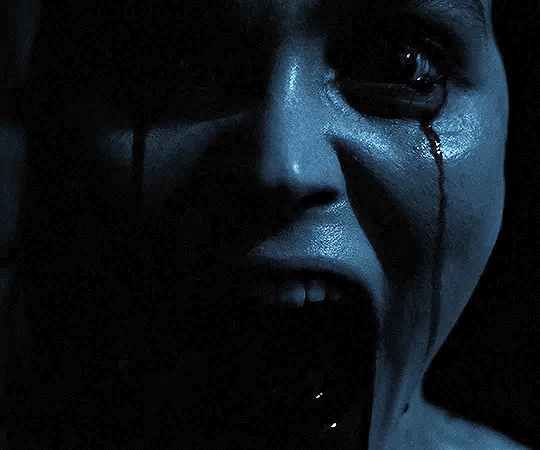"You laugh like a little girl, and inside you think like a martyr." 🗡Dostoevsky and astrology ✨
Don't wanna be here? Send us removal request.
Text
my favourite thing about yato is that in all of his fantasies about being mega rich he's still wearing that stank ass sweat suit
168 notes
·
View notes
Text

Finished crime and punishment a while ago (I really liked it).



151 notes
·
View notes
Text
this art will always make me want to bawl my eyes out because what do you mean we could have pro hero touya and health assistant toga only if they had decent parents??

(I hate mha society so much)
17K notes
·
View notes
Text
Spoilers: Eggers' Nosferatu
There's a lot of debate right now on if Count Orlok represents Ellen's shame/trauma/abuse, or if he represents her repressed erotic desires, and in turn there's debate on whether or not viewers who find the Ellen/Orlok dynamic alluring are "missing the point." Eggers and Lily-Rose Depp have both said in interviews that there's a mutual pull between Ellen and Orlok, and even that there's a love triangle element, but obviously the experience is terrifying for Ellen. How can we reconcile the sexual tension and the horror?
I think the broader theme is that Orlok represents everything in a woman's inner world that men refuse to acknowledge and accept - fear and shame and trauma, yes, but also our appetites . After the prologue, the story starts with Ellen begging Thomas to stay in bed with her; she says "the honeymoon was yet too short" and tries to pull him in and kiss him (obviously trying to start some nuptial bliss). But Thomas is anxious to meet with his boss and get his promotion, because he has a narrative he's going to fulfill: he's going to pay Friedrich back, buy a house, and then start having kids (he and Friedrich touch on this a bit later. Notably, Friedrich discloses Anna's pregnancy to Thomas before Anna has made it public.)
It's the start of Ellen and Thomas' married life and she just wants him to prioritize her sexual desire, but he chooses to focus on his ideal of success, which sets him on this path to confronting Orlok. We know Ellen doesn't care about having a house or fine things and she begs him not to go, but Thomas listens to Herr Knock and Friedrich, who tell him that as a husband he has to provide materially. He ignores Ellen's stated desires, and so fails to provide sexually and emotionally. When Thomas gaslights her about her nightmares and calls them childish fancies, he shuts down her vulnerability, which kills the intimacy she was enjoying in the literal honeymoon phase.
On a related note, there's a defence in here for Aaron Taylor Johnson's performance, which I've seen a few male critics call "over acting." In this story Friedrich represents the masculine ideal of the time, he's a rich business owner with a beautiful wife and kids. Thomas clearly looks up to him and wants to emulate him - he wants to give Ellen the life "she deserves." But Friedrich's elevated masculine status is why he refuses to listen to Ellen's "hysterical, sentimental" worries, he's too rational for all that of course. And his stubborn "rationality" leads to the death of his entire family. Friedrich IS the patriarchal ideal that crumbles when confronted with nuance and uncertainty. Some people see Friedrich and assume that a character like him is meant to come across as dignified, and that Aaron Taylor Johnson is messing up by making him look annoying, but really he is giving a great portrayal of a really common, annoying kind of guy. The kind of guy who melts down and has childish tantrums whenever they lose control of a situation, or their manly skills and values are shown to be irrelevant.
The men in the movie (excluding Professor von Franz) frame Ellen as childish for speaking about her dreams candidly, but their own childishness is revealed when her dreams manifest in the form of Orlok and become unavoidable. Ellen (partially? possessed in the moment by Orlok) tells Thomas how "foolish and like a child" he was in Orlok's castle. In the literal context that's cruel, and obviously that shit was scary as hell, but it hits on Thomas' failure in the metaphorical reading. He was a child playing house: 'I'll be the husband and make money, you be the wife and make babies.' When it came time to confront his wife's inner world and all the scary, traumatized, lustful complexity of it, he was completely inept. The message isn't that Orlok is what Ellen really needs, or that Thomas is a wimp, but he's not a perfect husband either. I think "the point" is that a real healthy marriage with sexual, emotional, and spiritual mutuality is impossible in that society with Thomas/Friedrich's ideals. In that kind of society, a spiritually and sexually potent woman like Ellen ("in heathen times you might have been a Priestess of Isis") will always be caught in a "love triangle" with her husband and her own inner world.
8K notes
·
View notes
Text


Nosferatu (2024) dir. Robert Eggers // Wanderer above the Sea of Fog (1818) by Caspar David Friedrich
8K notes
·
View notes
Text
good evening to everyone deranged over a piece of vampire media
10K notes
·
View notes
Text
Spoilers: Eggers' Nosferatu
There's a lot of debate right now on if Count Orlok represents Ellen's shame/trauma/abuse, or if he represents her repressed erotic desires, and in turn there's debate on whether or not viewers who find the Ellen/Orlok dynamic alluring are "missing the point." Eggers and Lily-Rose Depp have both said in interviews that there's a mutual pull between Ellen and Orlok, and even that there's a love triangle element, but obviously the experience is terrifying for Ellen. How can we reconcile the sexual tension and the horror?
I think the broader theme is that Orlok represents everything in a woman's inner world that men refuse to acknowledge and accept - fear and shame and trauma, yes, but also our appetites . After the prologue, the story starts with Ellen begging Thomas to stay in bed with her; she says "the honeymoon was yet too short" and tries to pull him in and kiss him (obviously trying to start some nuptial bliss). But Thomas is anxious to meet with his boss and get his promotion, because he has a narrative he's going to fulfill: he's going to pay Friedrich back, buy a house, and then start having kids (he and Friedrich touch on this a bit later. Notably, Friedrich discloses Anna's pregnancy to Thomas before Anna has made it public.)
It's the start of Ellen and Thomas' married life and she just wants him to prioritize her sexual desire, but he chooses to focus on his ideal of success, which sets him on this path to confronting Orlok. We know Ellen doesn't care about having a house or fine things and she begs him not to go, but Thomas listens to Herr Knock and Friedrich, who tell him that as a husband he has to provide materially. He ignores Ellen's stated desires, and so fails to provide sexually and emotionally. When Thomas gaslights her about her nightmares and calls them childish fancies, he shuts down her vulnerability, which kills the intimacy she was enjoying in the literal honeymoon phase.
On a related note, there's a defence in here for Aaron Taylor Johnson's performance, which I've seen a few male critics call "over acting." In this story Friedrich represents the masculine ideal of the time, he's a rich business owner with a beautiful wife and kids. Thomas clearly looks up to him and wants to emulate him - he wants to give Ellen the life "she deserves." But Friedrich's elevated masculine status is why he refuses to listen to Ellen's "hysterical, sentimental" worries, he's too rational for all that of course. And his stubborn "rationality" leads to the death of his entire family. Friedrich IS the patriarchal ideal that crumbles when confronted with nuance and uncertainty. Some people see Friedrich and assume that a character like him is meant to come across as dignified, and that Aaron Taylor Johnson is messing up by making him look annoying, but really he is giving a great portrayal of a really common, annoying kind of guy. The kind of guy who melts down and has childish tantrums whenever they lose control of a situation, or their manly skills and values are shown to be irrelevant.
The men in the movie (excluding Professor von Franz) frame Ellen as childish for speaking about her dreams candidly, but their own childishness is revealed when her dreams manifest in the form of Orlok and become unavoidable. Ellen (partially? possessed in the moment by Orlok) tells Thomas how "foolish and like a child" he was in Orlok's castle. In the literal context that's cruel, and obviously that shit was scary as hell, but it hits on Thomas' failure in the metaphorical reading. He was a child playing house: 'I'll be the husband and make money, you be the wife and make babies.' When it came time to confront his wife's inner world and all the scary, traumatized, lustful complexity of it, he was completely inept. The message isn't that Orlok is what Ellen really needs, or that Thomas is a wimp, but he's not a perfect husband either. I think "the point" is that a real healthy marriage with sexual, emotional, and spiritual mutuality is impossible in that society with Thomas/Friedrich's ideals. In that kind of society, a spiritually and sexually potent woman like Ellen ("in heathen times you might have been a Priestess of Isis") will always be caught in a "love triangle" with her husband and her own inner world.
8K notes
·
View notes
Text

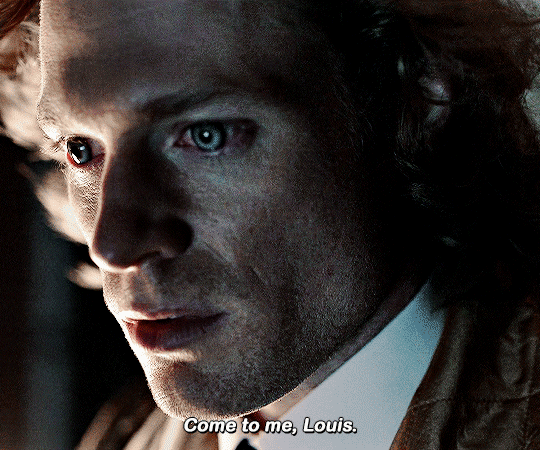

Keep your heart to yourself, give your soul to the night… Come to me when you're lonely… Come to me when you need something new… — Fright Night (1985), Come to Me
BRAM STOKER'S DRACULA (1992) INTERVIEW WITH THE VAMPIRE (2022—) NOSFERATU (2024)
15K notes
·
View notes
Text
Every family has THE ATHEIST (???), THE MONK, THE SLUT, AND THE BASTARD WHO MAKES SOUP IN THE KITCHEN
97 notes
·
View notes

